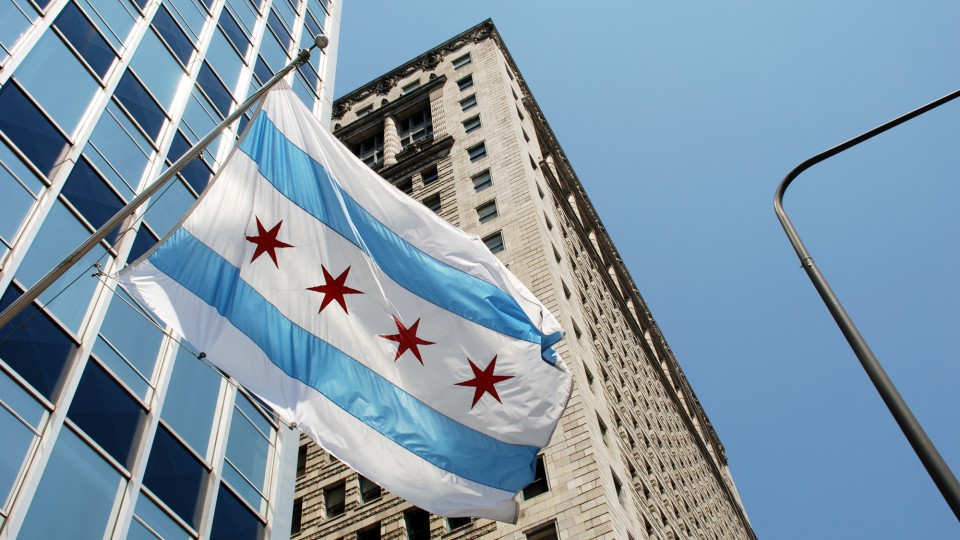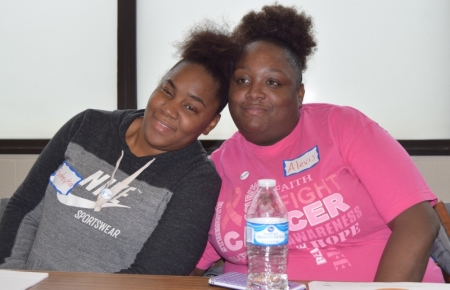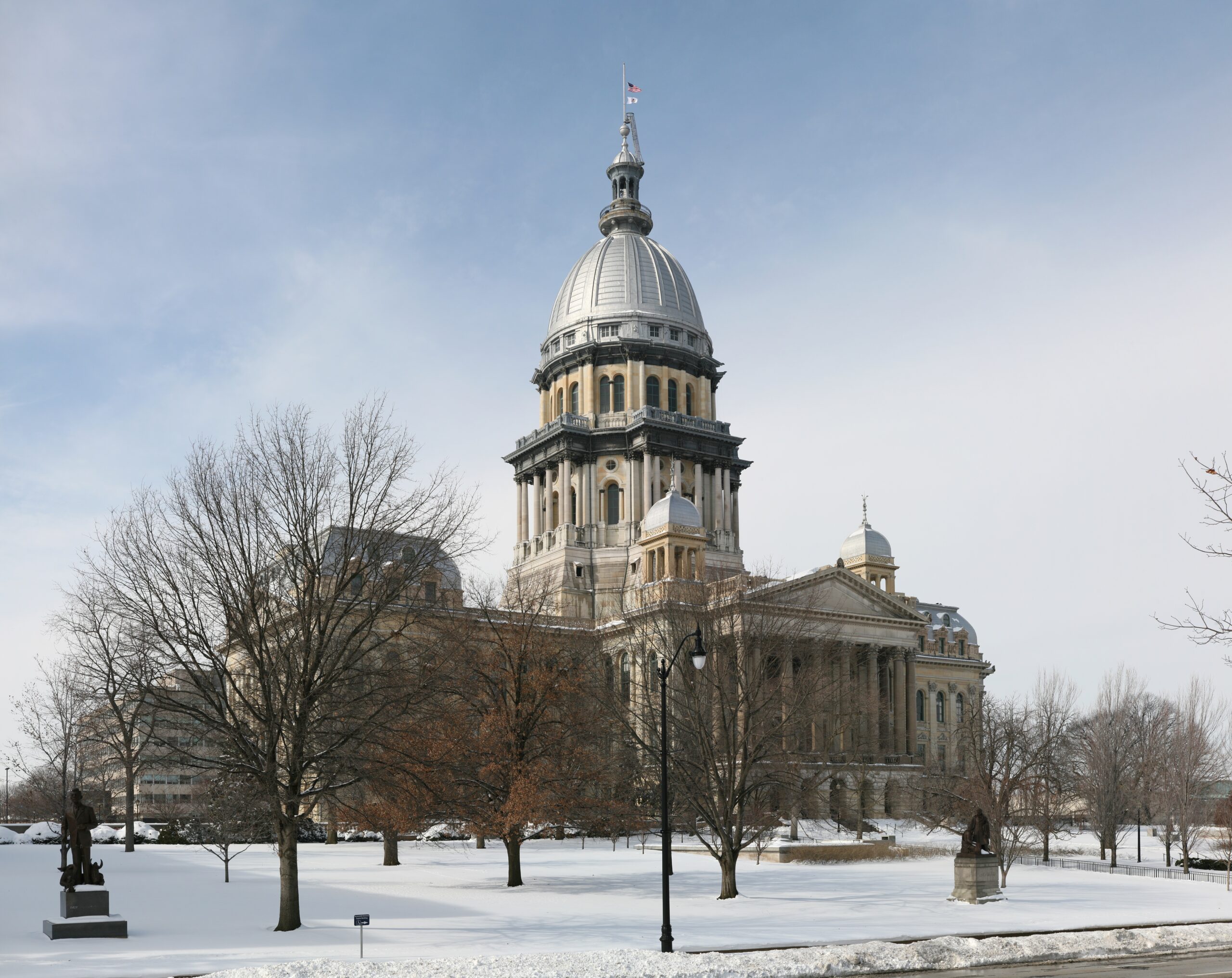Together, we are making progress in our work toward economic justice for all Illinois families through the elimination of juvenile court fees and fines.
Now that bill to eliminate juvenile court fees and fines is up for final approval on the House floor. We must take a stand and urge our representatives to support this bill. We can fix this problem and move our state closer to economic justice.
We know that these fees and fines are not an effective accountability tool and can actually increase recidivism. They punish families living in poverty and deepen the economic injustice they already face.
Removing fees and fines does not impact a judge’s ability to order victim’s restitution, community service, or other appropriate non-monetary conditions that provide better opportunities for young people to take accountability for their actions.
We can hold young people accountable without pushing them into a deep financial hole. With your help, we can fix this problem! It’s on us to stand up and do what’s right. Tell Springfield to eliminate juvenile court fees and fines.
Let’s get this done – for Illinois youth, families, and communities.

















